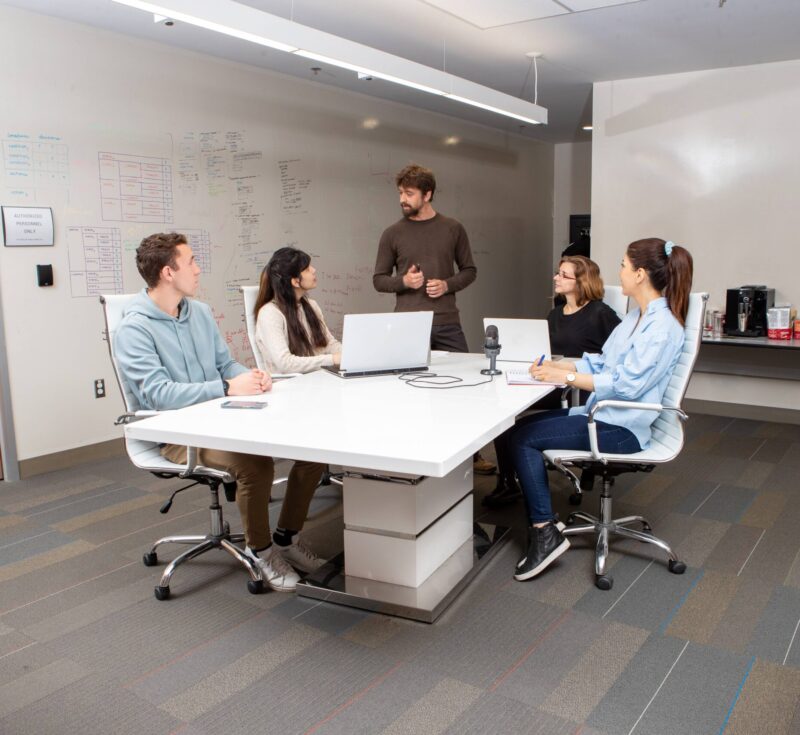What we do
McSCert employs in-depth knowledge of requirements specification, incremental assurance, component qualification, verification and validation, and the development of assurance case templates.
McSCert’s research team is creating methodologies and tools that revolutionize the process of certifying critical software applications and facilitate the development and certification of critical software applications.
With an overarching goal to improve the practice of software engineering applied to critical systems involving software, McSCert:
- performs research on how to produce software that can be certified, and on how existing software may be certified
- works with industrial partners on the development and certification of software
- works with regulatory authorities to improve relevant standards and approaches to software certification
- trains graduate students in software engineering for safety critical systems, hazard analysis, model-based software development and certification
- work with certification bodies responsible for recognizing professional engineers to improve their requirements
While our emphasis is on software, we recognize that the safety of products that depend on software is a problem in systems engineering: the hardware that contains the software has to be part of the engineering, and part of the certification.
McSCert’s research and development work has had significant commercial, economic and societal impact. In particular, we have:
- influenced regulators at a very high level in the way they approach the problem of regulation and certification
- generated ground-breaking knowledge and techniques we now use to build software intensive systems such that they are amenable to certification
- contributed fundamentally to the development of principles and techniques for effective certification of such systems

Our publications
Explore our database of publications about a variety of topics, including software certification, model-based development, discrete-events systems, and software safety research.

McSCert is hiring
The McMaster Centre for Software Certification (McSCert) is a world-leading centre for research on critical systems that rely on software.

You will be working with an international world-class team of academics, post-doctoral researchers, PhD students, Masters students, research engineers from industry, and summer students. Our research group has a strong track record of collaboration with industry. We currently have active and ongoing projects with GM, Fiat Chrysler (now Stellantis), Toyota, IBM, numerous avionics, and aerospace companies, and many more. Our postdoctoral fellows and research engineers are highly experienced at industry collaboration and academic dissemination and will help you obtain the skills you need to pursue industrial and academic careers. McMaster University is the leading research centre in the world for research in automotive software engineering and software certification.
The Centre is located in the Department of Computing and Software at McMaster University, in Hamilton, Ontario, Canada. Hamilton is a thriving lakeside community of 550,000 people. McMaster University is situated on purpose-built accommodation next to Cootes Paradise, a protected nature reserve. As such, the University campus is very green and filled with wildlife.
Many of our researchers are based at MARC: the McMaster Automotive Research Centre, a short walk/bike ride/drive away. MARC houses one of the largest groups of researchers working on automotive engineering challenges in the world.
- We have the equipment, know-how and connections that will help you succeed.
- We have a thriving group of researchers with significant industry connections. You will be joining a successful team of stars and future stars.
- We offer competitive funding and salaries for researchers, as well as funding for travel to events and conferences.
- We are focused on helping PhD students graduate quickly. Our mentoring program is set up to give you every opportunity to complete your PhD degree within 4 years, meaning you can get out and use your world-leading expertise sooner – and make software engineering better for everyone!
For applications and informal inquiries, please email jobs@mcscert.ca. Applications should include the candidate’s resume and transcripts as well as the names and contact information for two references.
